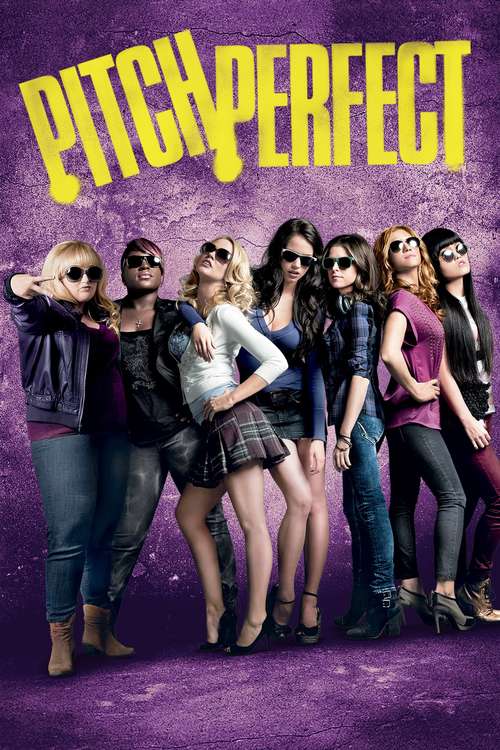Category: Films
You are viewing all posts from this category, beginning with the most recent.
Saltburn, 2023 - ★★½ (contains spoilers)
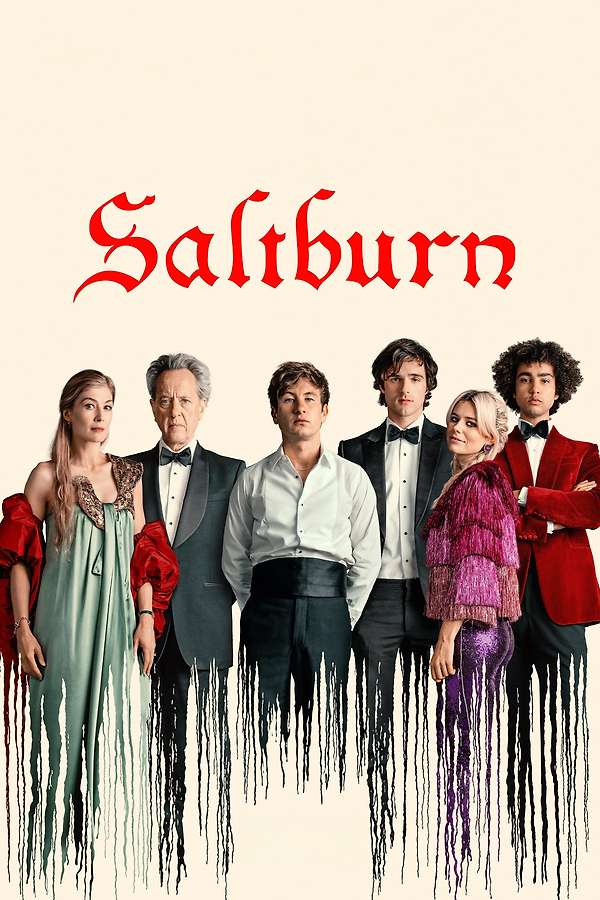
This review may contain spoilers.
It's unusual to go in to see a film with essentially no idea of what it's about. Unusual, but sometimes quite a good way to approach something. I think I had read something to the effect that someone was invited to someone's country home. But as far as that, I knew nothing about this, going into the cinema today.
Except, maybe, that there was some major surprise twist or reversal.
There are, in fact, no surprises in this.
Or let's say, I found nothing particularly surprising in it.
I enjoyed it, and had a good conversation about it afterwards. But it would have been better — the conversation afterwards in particular — if the the first twenty minutes and the last five were shaved off.
The first twenty minutes because, we know: Oxford is shit if you have no friends and no money; and it's better if you have both. We don't need it explained in elaborate detail.
Or maybe that's not so obvious. I have some insider knowledge there.
But the last five or so minutes. I mean, really? Do you have to explain everything? Spell everything out in minute detail? Confirm that every possible thing that we thought might have happened — but that was, until now, pleasingly ambiguous — had actually happened?
I feel like the ending was focus-grouped to death; a few people didn't understand, so they dropped in some tiny flashbacks. Yes, he was that manipulative. I had suspected that from about forty minutes in, and my suspicions only increased. But I'd rather have had them left as suspicions.
All that said, I enjoyed this a lot. I just feel I could have enjoyed it a lot more.
The Silencers, 1966 - ★½
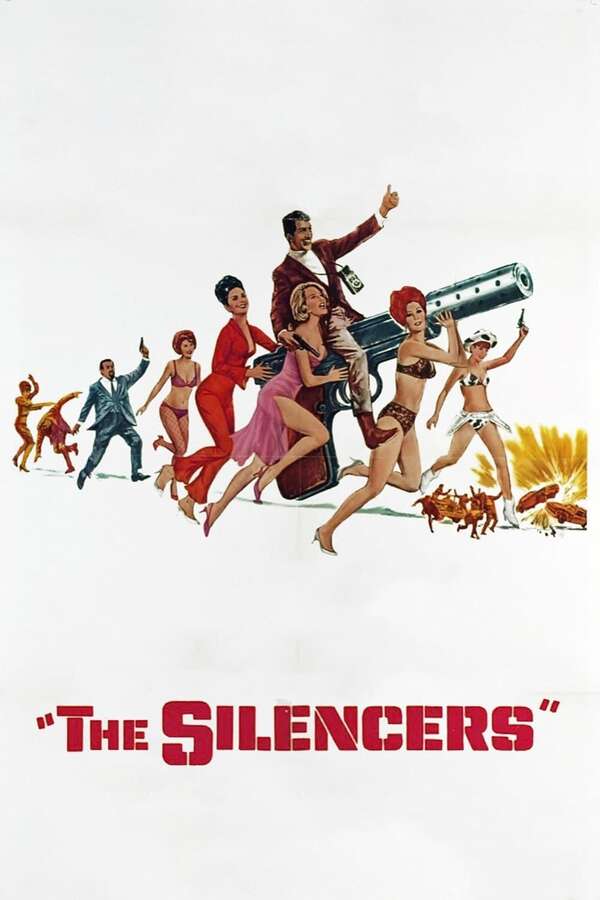
When I was a little kid my family used to go on holiday to Millport, on the Isle of Cumbrae, in the Firth of Clyde.
We didn’t go to the cinema often, if ever, back then. But Millport had a small cinema, and we always went once or twice when on holiday.
I don't recall any of the films we saw in the four years we holidayed there. What I do remember is the film posters, because they were always there, so I saw them year after year. And unusually, they were round the walls inside the auditorium. So while you waited for the lights to go down, you saw adverts for films that once shown there.
It's where I first heard of the Dollars trilogy. Only the first two then, in a double poster for A Fistful of Dollars and For a Few Dollars More. When Eight Bells Toll. I think Ice Station Zebra.
And one called Matt Helm Gets it in Denmark. I eventually saw all the others, but not that one. As I got a bit older, if ever the name came back to me, I wondered what kind of ‘getting it’ the title referred to. I probably kind of looked like an adventure film, so it was probably more likely to be a threat to his life, than any other interpretation. But the entendre was clearly double.
I recently found that our Roku has a strangely-named channel called ‘Movieland Tv’ [sic as far as the lowercase ‘v’ goes]. I had a poke around, and it seems to specialise in old movies from the 60s and 70s that are not what might now be called classics. Though there are a couple of Bond films: Thunderball (the first Bond film I ever saw) and Diamonds are Forever.
But I came across one called The Silencers. The blurb described it as ‘The first Matt Helm movie’. Well! Here was the mysterious figure from my childhood. If not getting it in Denmark, then at least in danger of being silenced. The blurb also told us he was an agent who’d got out of the game and his superiors wanted him back.
Fair enough, sounds like it could be OK, and I fancied something like a spy film tonight.
The first surprise was the star: Dean Martin. Now, that poster back in Millport might have shown his name in large type, and if it did you’d think the collision of his last name with my first would have stuck with me. But if so, that fact is lost in the mists of memory.
After an opening where four hit men are given bullets with ‘Matt Helm’ written on them, it starts with a woman dancing. And, basically, stripping. It’s obviously trying to be like a Bond opening scene, but, way sub-even-that-standard.
And then another woman starts singing, and the credits include original songs by Elmer Bernstein, and a choreographer. Is this a musical?
Well, no, but if you’ve got Dean Martin in the studio, you’d be daft not to get him to sing a bit. Which he doesn’t do in character, but does in a couple of scenes in voiceover, in effect. Oh and there’s a joke with Sinatra coming on the radio and Helm saying, ‘Turn that off, I can’t stand his voice.’ They retune, and a Dean Martin song comes on, and he says. ‘Now this guy can sing.’
I know, it’s not much of a joke.
It's a daft spy romp, and from Helm’s amorous adventures, I think it's now clear which kind of ‘getting it’ will be happing in Denmark. Though probably a bit of both.
I'm giving it one star for making me laugh several times, though mainly at the ridiculousness. And half a star for the fantastic mobile bed. Why move to answer the phone when you can flick a switch and have your bed rotate you to where it is? And when you want to have a bath, just let your bed take you there and drop you in.
Honestly, that bit wouldn’t have been out of place on Tracy Island.
Other than that, it’s complete mince.
The Banshees of Inisherin, 2022 - ★★★★
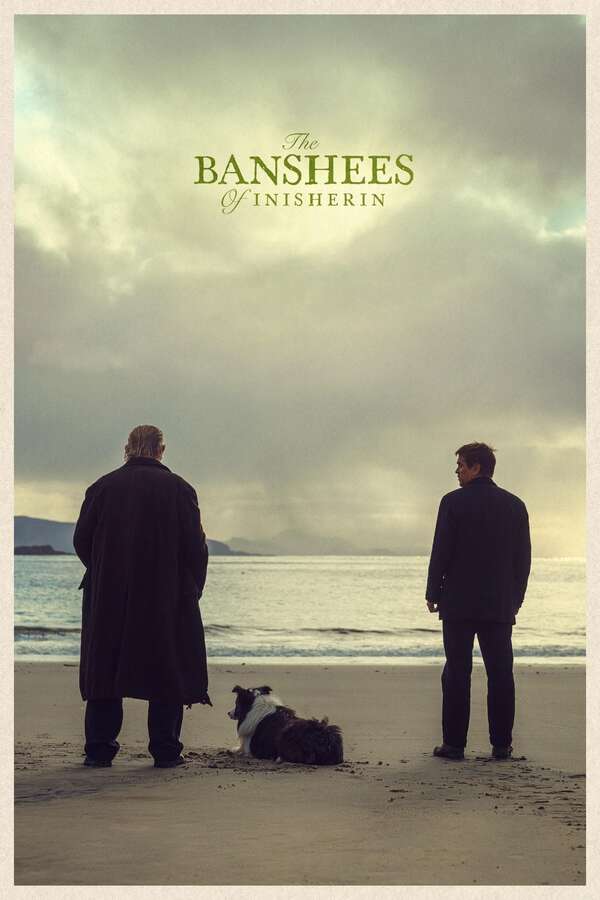
Martin McDonagh’s latest is sad, hilarious, tragic, and true. Or feels like it could be true, even if some of the decisions characters make are baffling, to say nothing of gruesome.
On a rugged, beautiful island off the coast of Ireland in 1923, with the civil war going on on the mainland, two friends fall out. Or rather, one says he doesn’t like the other any more. A whole sequence of events flow out from this simple, almost child-like choice.
The funniest part happens when one of them goes to confession.But that’s only to be expected: confession’s a pretty funny kind of thing, when you think about it.
(Updated 2022-12-11 at 18:47:58)
V for Vendetta, 2005 - ★★½
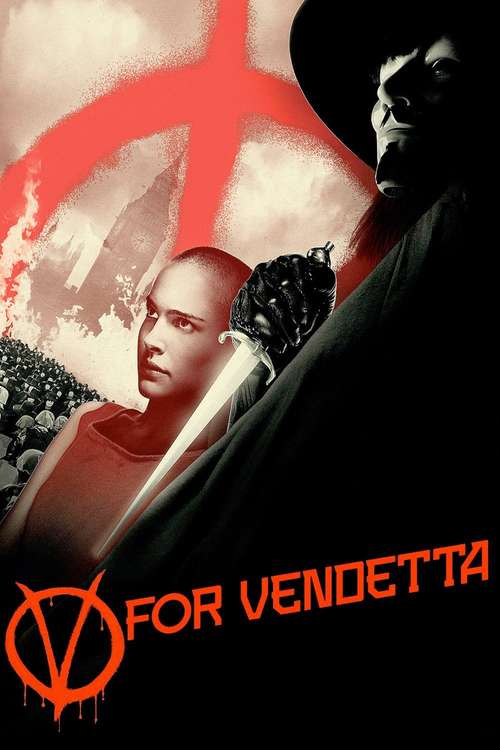
Reasonable filmic conversion of the graphic novel. It doesn’t really do a lot with it, but it’s fine.
Easy A, 2010 - ★★★
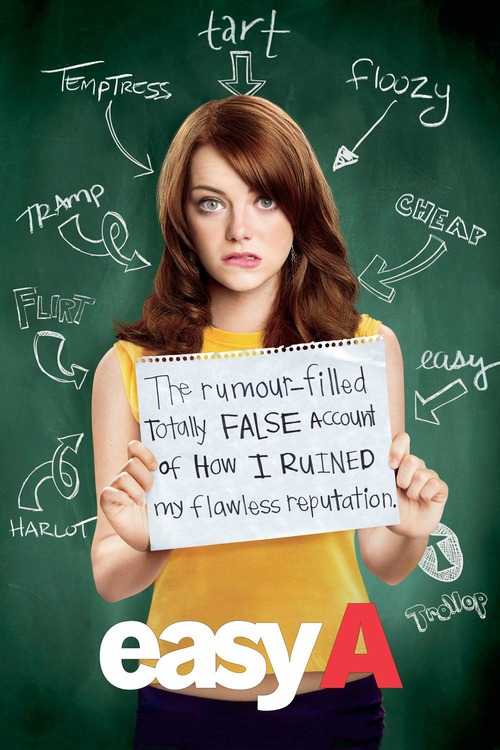
Another US high-school comedy. Not a John Hughes 80s one, but one that makes explicit reference in-universe to things like The Breakfast Club. It’s a pretty good example of the genre.
Baby Driver, 2017 - ★★★★
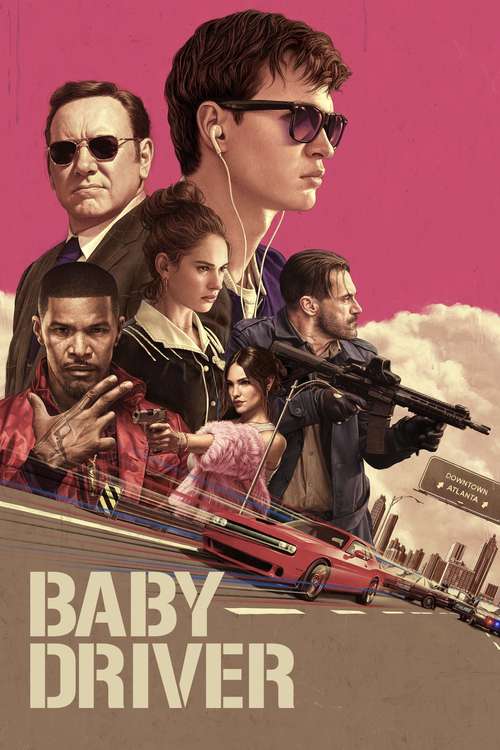
I saw this at the cinema when it came out back in 2017. Loved it then. Loved it even more now. Incredible soundtrack, amazing (daft) car chases. Crime.
A Room with a View, 1985 - ★★½
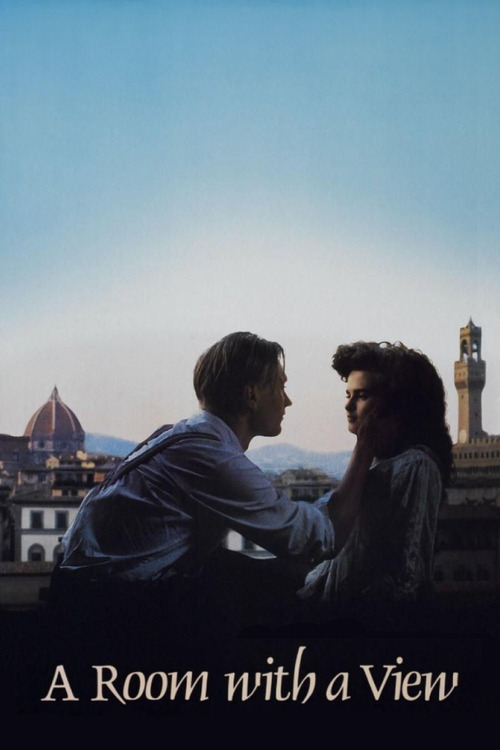
It's an old Merchant-Ivory period piece. Pleasant enough, but kind of stilted in places. In part. some of that may be deliberate, to reflect the buttoned-up nature of the times, but it's hard to say.
Amusingly, the image that's shown as I type this on Letterboxd — which may or may not be the image that accompanies the post when it reaches my blog — is from the very last scene of the film, if I'm not mistaken. An odd choice.
Miss Sloane, 2016 - ★★★
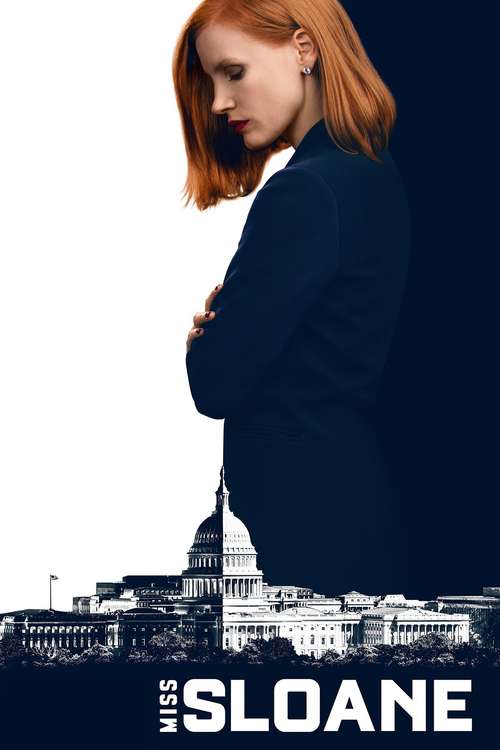
Decent story about a US lobbyist who takes on the support of a bill to restrict some tiny amount of gun rights. She quits one company and moves to a smaller one to do it.
An absurdly fanciful ending, sadly. The sadness is in American society, not the film.
The Velvet Underground, 2021 - ★★★★
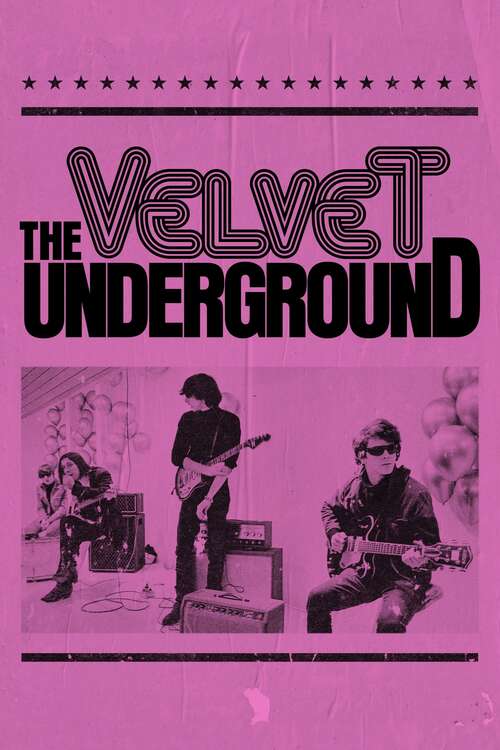
There's a lot to like here if you're already a fan — or at least, have some interest. Probably not too much if neither of those apply.
It has interviews with those who are still with us (or who were when it was made). Not just John Cale, Moe Tucker, Doug Yule, but members of Andy Warhol's Factory crew (the 'Superstars'), like Mary Woronov and Gerard Malanga.
I'd like to have heard more of the songs, especially the less well-known ones, and seen more footage of them, such as there is. It uses the documentary style that just films people speaking and edits those interviews together. That has a certain power, but I feel it might have helped to have a narrative, a voiceover elaborating on the story.
Recommended, though.
